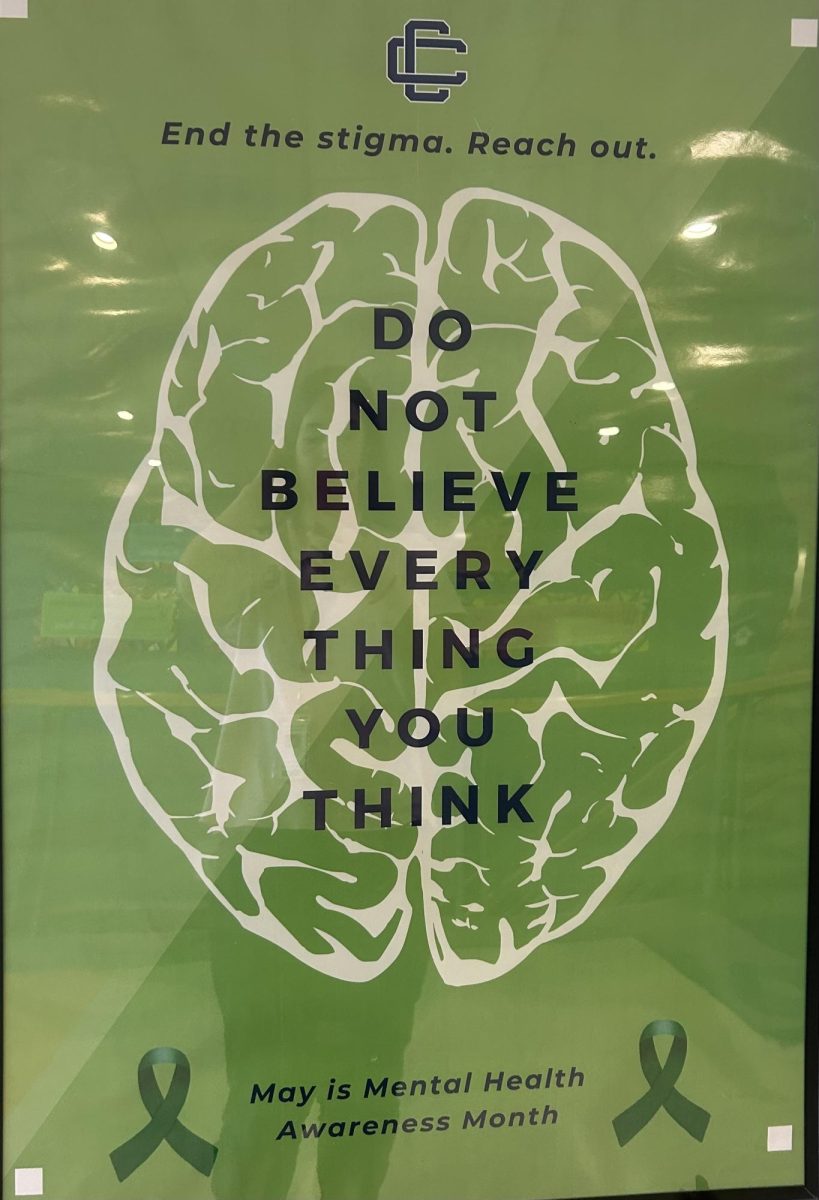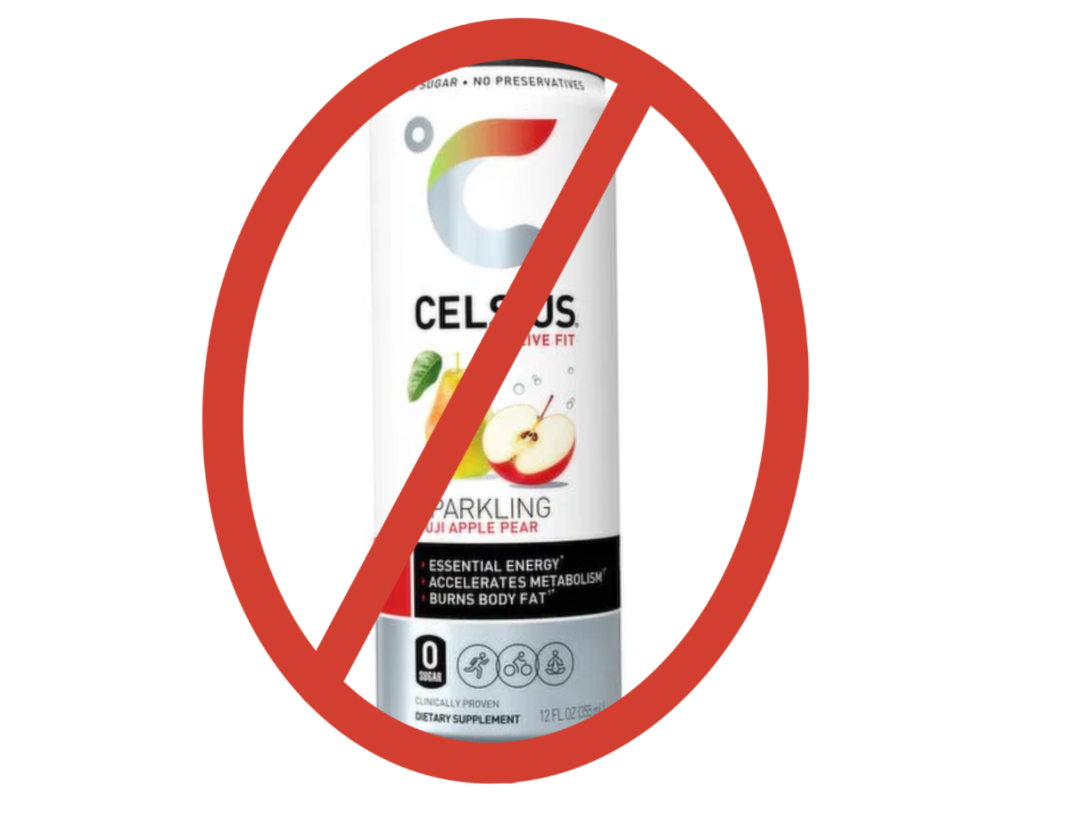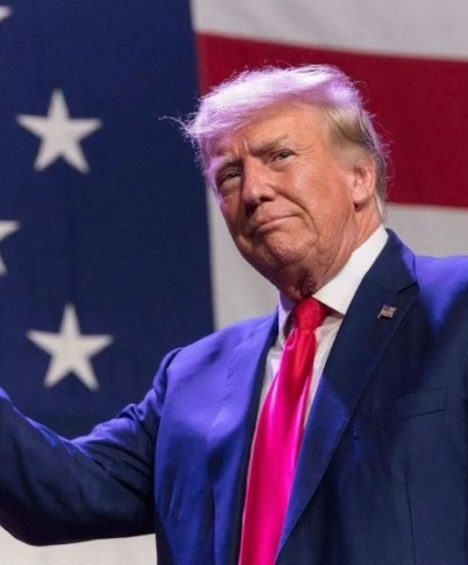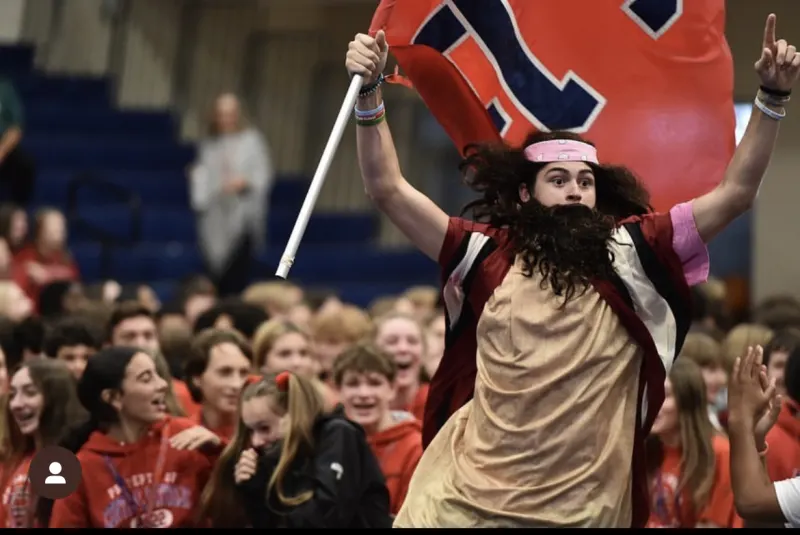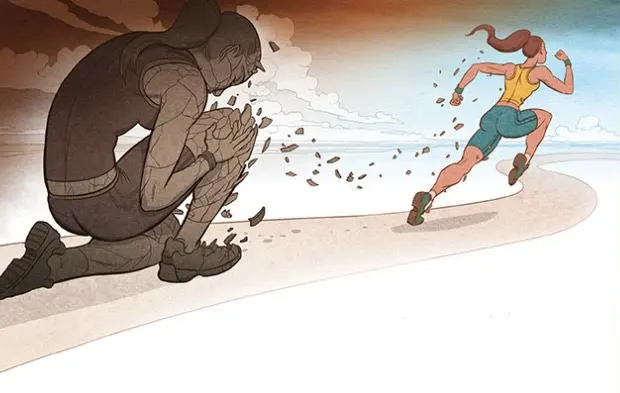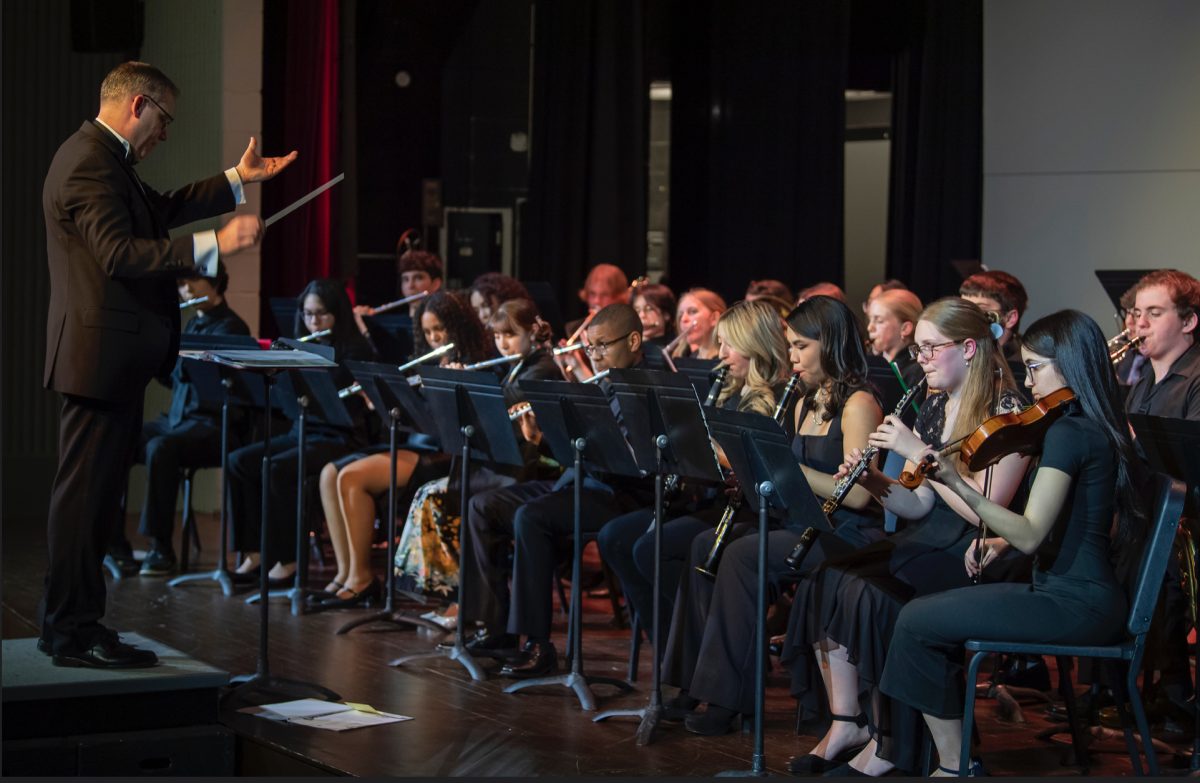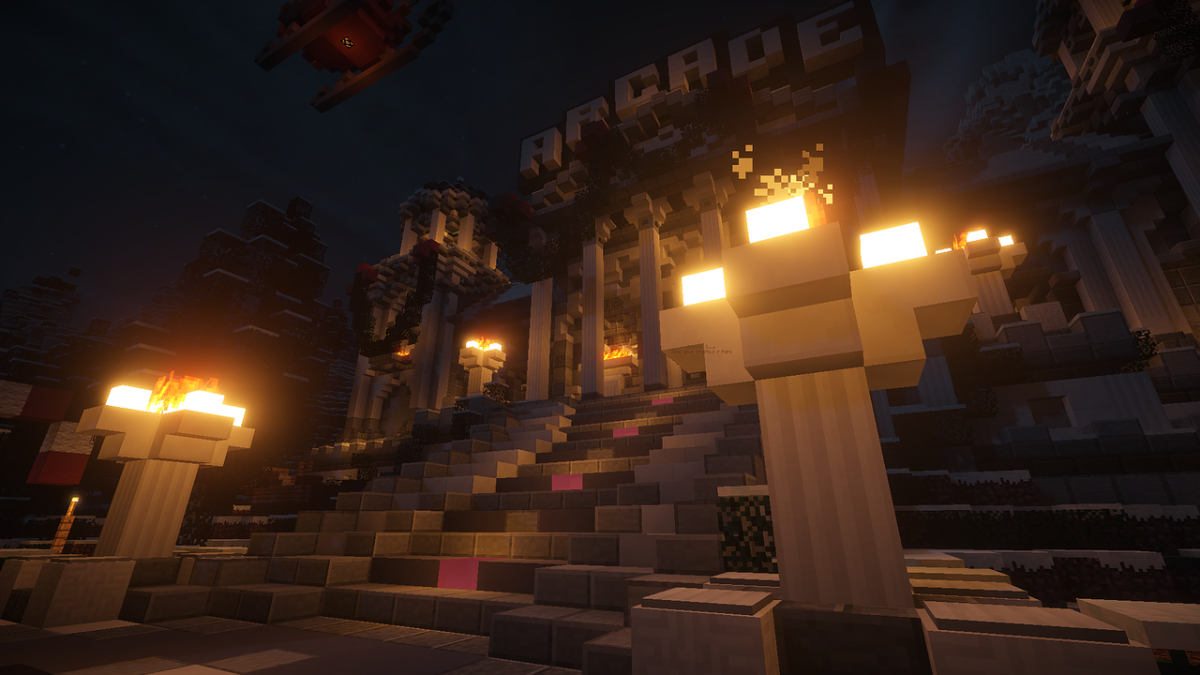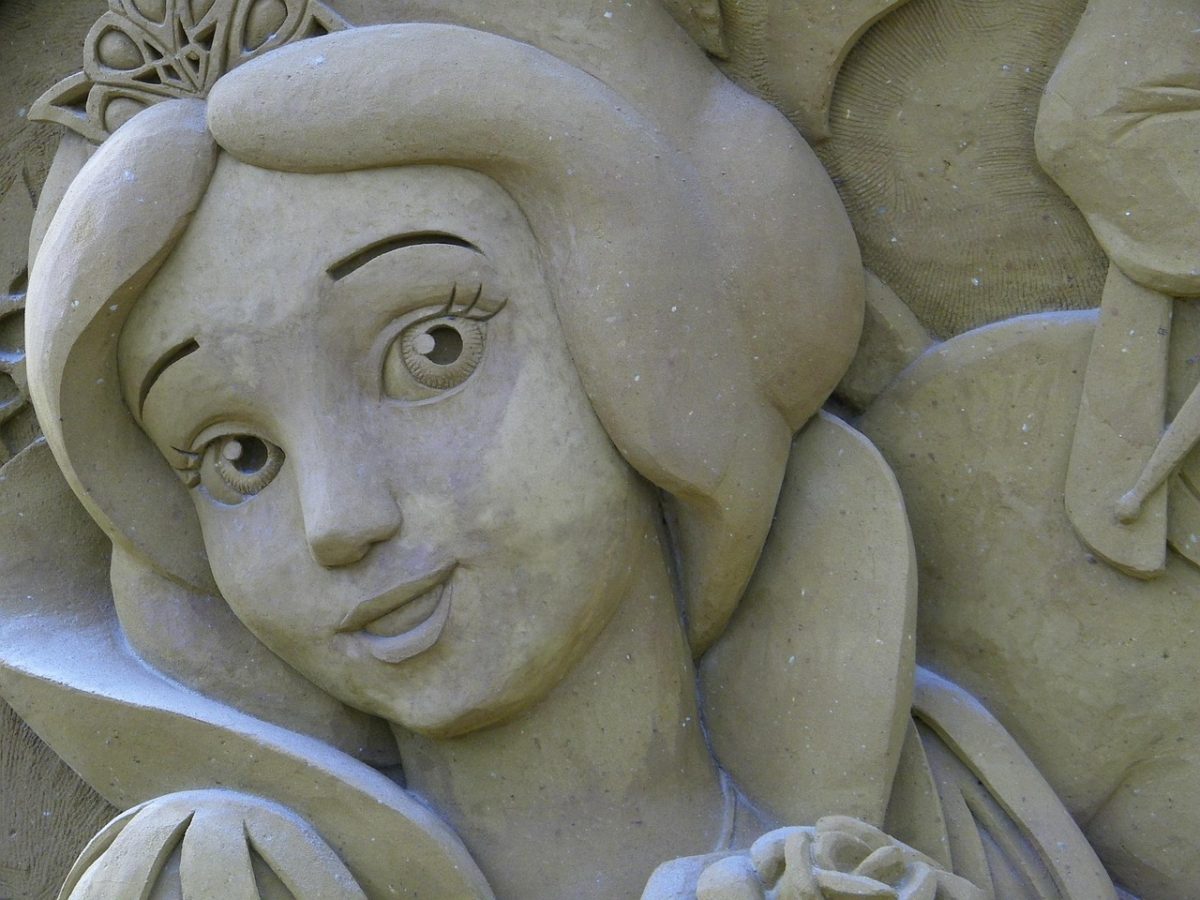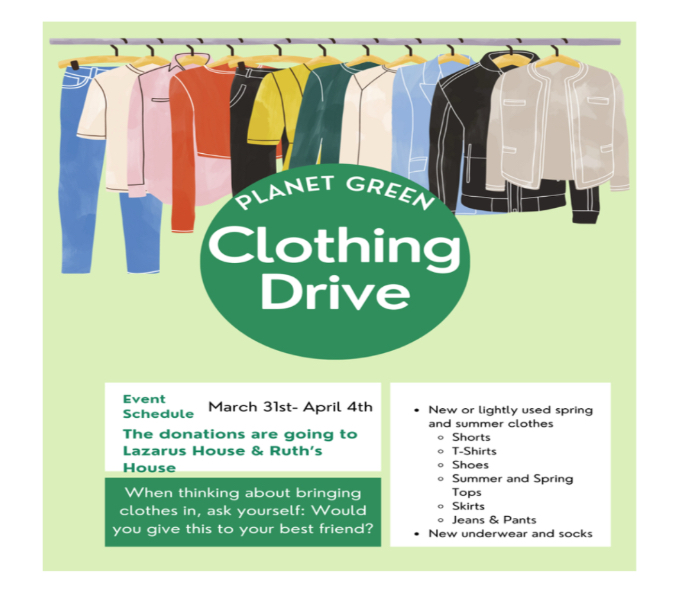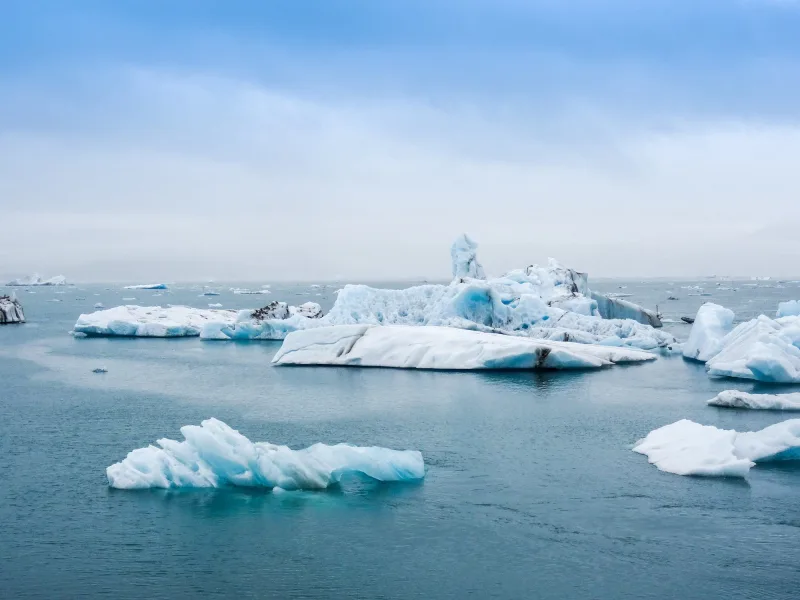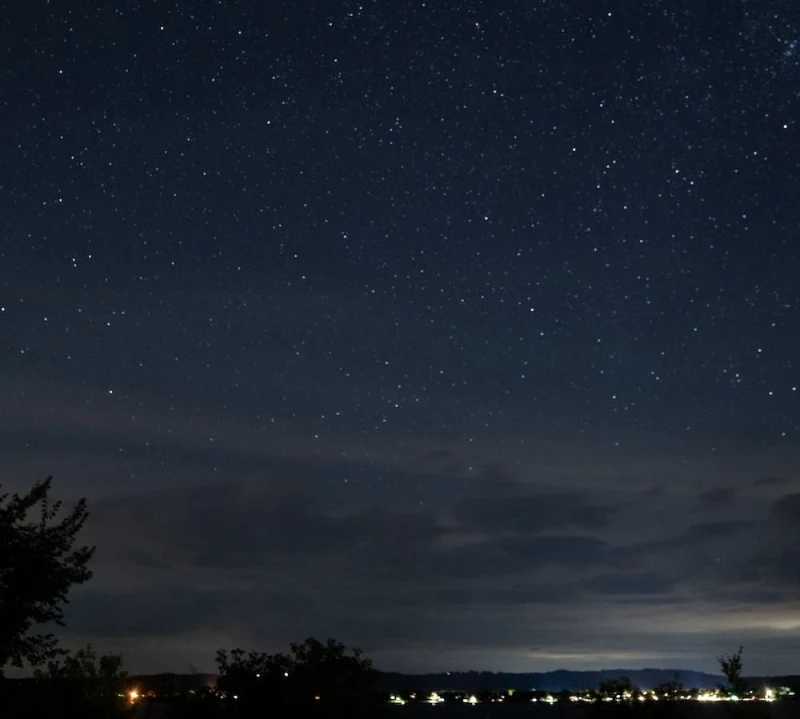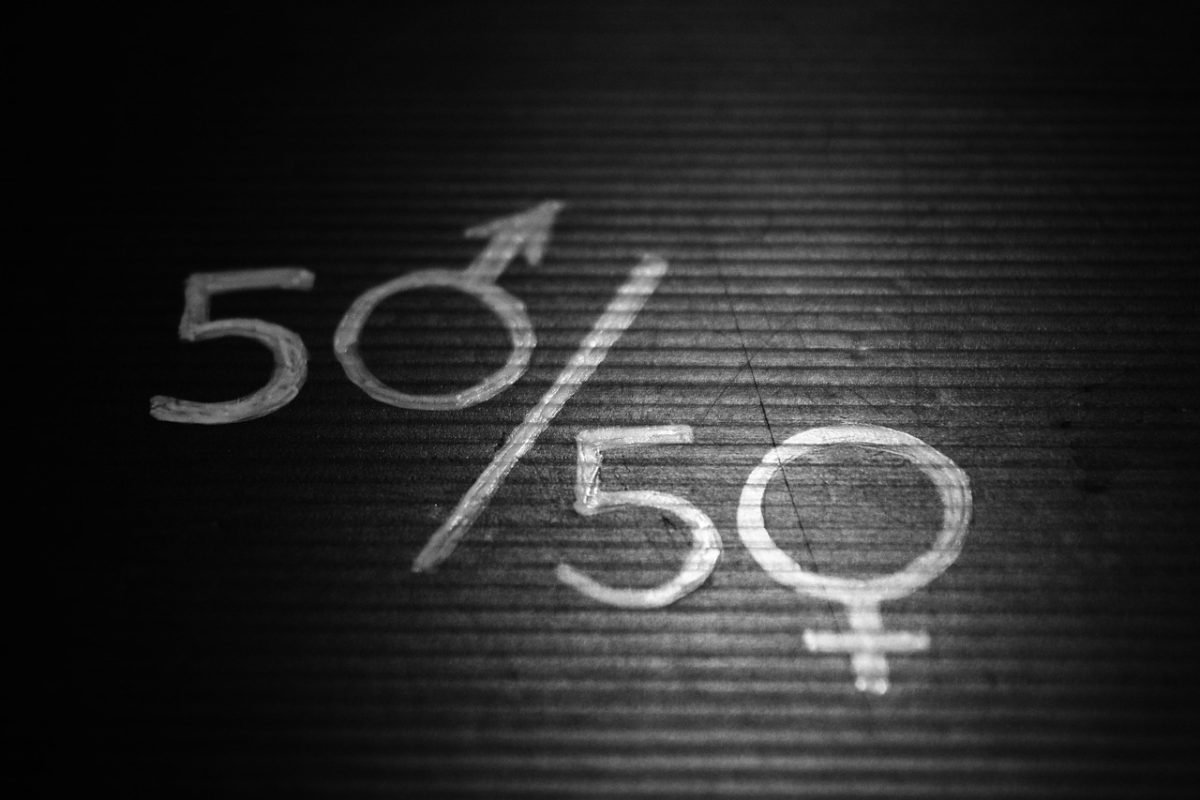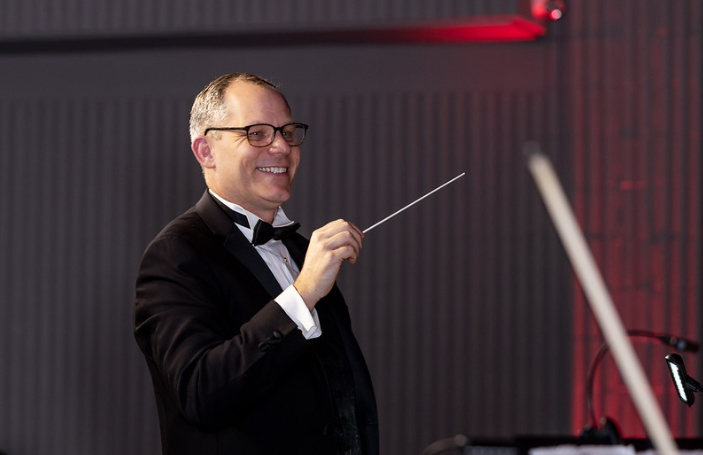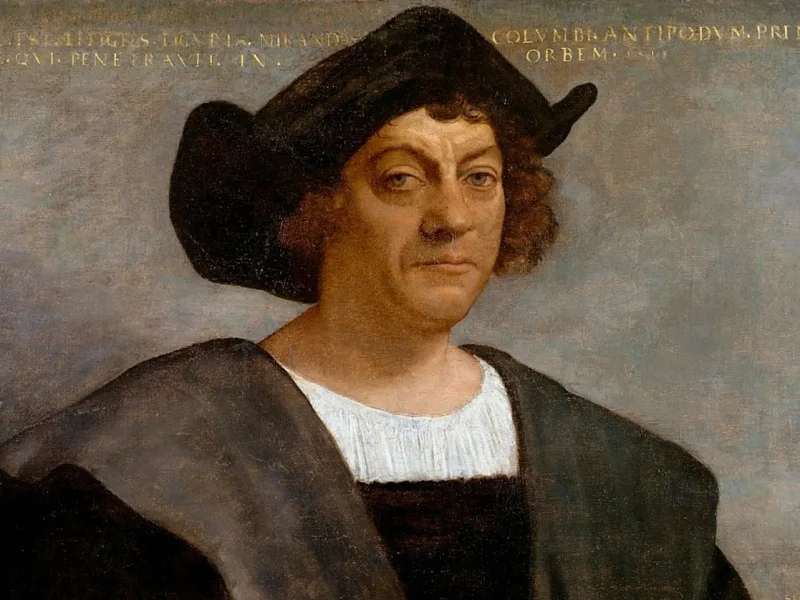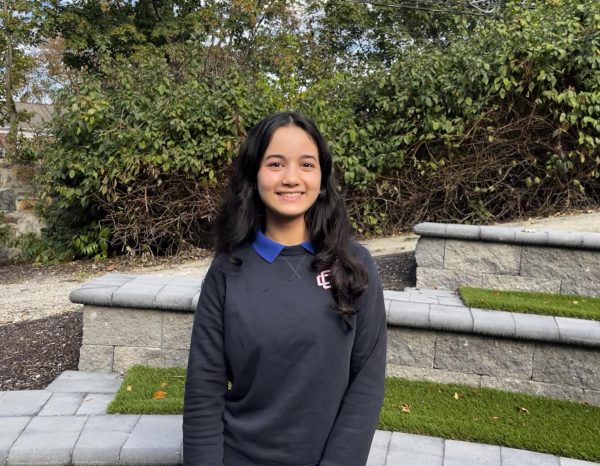By Milena Mataac ’26
Source for photo above: Pixabay
Should the U.S. change the name “Columbus Day” to “El Encuentro” as some other countries have done? Is this name more suitable for the holiday? For example, Chile and Costa Rica have chosen to adopt the name “El Encuentro” (“The Encounter”) as an alternative for the holiday we currently know as “Columbus Day.”
Many believe calling the holiday “El Encuentro de Dos Mundos” (“The Encounter of Two Worlds”) better commemorates the momentous meeting of Europeans and indigenous peoples. However, some argue that it is not specific and does not focus on celebrating the accomplishments of Christopher Columbus. And yet others have proposed the name “Indigenous Peoples’ Day” as a way of honoring the Native Americans whom Columbus encountered.
According to Ms. Prisby, a social studies teacher here at Central Catholic, Columbus Day is a federal holiday in which we celebrate the discovery of America by Christopher Columbus in 1492. Recently, people have started to push for Columbus Day to be renamed because there has been “more sympathy to the plight of Native Americans in the past few decades.” It is essential to understand that the discovery was “a conquest of people that led to an eventual decimation of a population of natives.” In Ms. Piisby’s opinion, the holiday should not necessarily be celebrated, but it should definitely be observed.

There is no doubt that Christopher Columbus was an excellent sailor and explorer. However, Ms. Prisby believes that he was “a terrible manager of the situation that happened.” He is someone who we can “look to, or target, as being responsible for the decimation of the Native Americans; he has to be the face of that tragedy.” According to Jessica Vincent at Culture Trip, Columbus Day “serves as a reminder of … hundreds of years of genocide, slavery, and cultural repression” for many indigenous people in the Americas.
It is crucial that we remember that Columbus, whether he was good or bad, was undoubtedly persistent in his explorations; his discovery, according to Ms. Prisby, “led to the Atlantic Ocean turning into a ‘super highway’ among various continents.”
This encounter between Columbus and the indigenous people marks a change in the transfer of people, plants, wildlife, and objects in what is commonly referred to as the “Columbian exchange.” Ms. Prisby’s opinion is that “history is important to be observed as both good and bad.” You cannot review a historical event and label it as simply a “good” event or a “bad” event. There are always many perspectives, many positive effects, and many negative effects of almost every event that has ever occurred in history.
Ms. Prisby clarified that while some people might say that Columbus didn’t discover America, he did in fact discover the lands that “would be known as the Americas.” He did not discover the United States, but he discovered the Caribbean, which is part of the Americas.
Another common misconception is that Columbus was just a violent imbecile who traveled to the Americas and slaughtered the native people. In reality, he was smart for thinking that he could sail west around the world to get to the east. According to a writer for Educrea, Columbus was one of the first “navigators who had notions of the roundness of the Earth.”
Additionally, it is somewhat understandable that he thought he was in India, as the Europeans knew very little about Asia at the time. Columbus and his men only knew what people in Europe and Africa looked like, so they assumed that the Native Americans were Indians because they had likely never actually seen Indian people before (even though they were fully aware of their existence). In addition to this, Columbus and his men were completely unaware that there was a whole other continent between their homeland and the eastern areas of Asia they were trying to travel to; they believed the world was much smaller than it really is. Also, the “native people may have looked like Asians because of the land bridge” which connected the continents of Asia and North America. Today, Russia and Alaska are only about 55 miles away from each other, and according to a writer for the National Park Service, it’s widely accepted that people likely migrated from Asia to the Americas when the Bering Land Bridge was formed by low sea levels about 30,000 years ago.
One other important point is that the European explorers did not “intentionally bring diseases, but they did spread them.” There was no way for explorers like Columbus to stop diseases from spreading among the natives once the explorers arrived and began to interact with them.

However, it is very crucial to note that despite the positive elements of his discovery mentioned above, Columbus undoubtedly had numerous negative effects on the native people. According to writers for History.com, as the international trade of slaves was becoming more common at the time, “Columbus and his men enslaved many native inhabitants of the West Indies and subjected them to extreme violence and brutality.” He sent thousands of natives to Spain; many died on the journey there, and those that survived were sold into slavery. Additionally, the diseases (mainly smallpox, measles, and influenza) brought to the indigenous Americans wiped out an incredibly large portion of the people. According to Alicia Lee at CNN, “historians believe that the impact of European and African settlers in the New World possibly killed as much as 90% of the native populations.”
Regarding changing the name from Columbus Day, Ms. Prisby believes that “his discovery makes a huge difference in the entire world. We don’t need to celebrate him, but we need to recognize him.” Many things changed as a result of this event. The name “El Encuentro” is a very academic way of looking at the event because you’re not “assigning hate to either side.” Calling the holiday “the Encounter Between the Two Worlds” would certainly provoke conversations as to what the encounter really was. It neither celebrates nor condemns Christopher Columbus for his actions.
So, in conclusion, the name “El Encuentro” (“The Encounter”) is a very neutral name which recognizes the importance of the meeting and highlights that these two worlds were irreversibly changed. There are both positive and negative elements of the issue, so it is important to consider whether or not “Columbus Day,” or “Indigenous Peoples’ Day” for that matter, is the name that best emphasizes the duality of this important American holiday.

